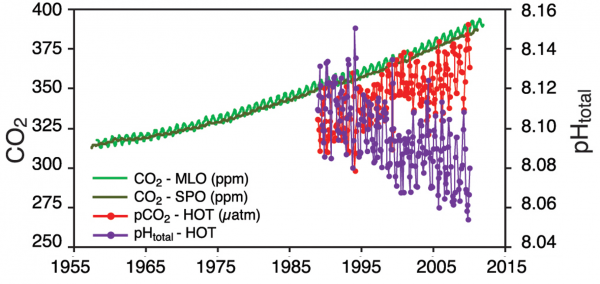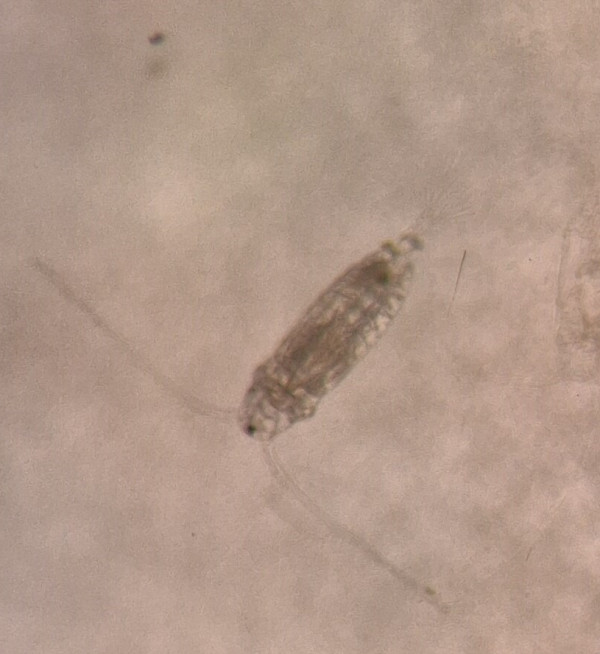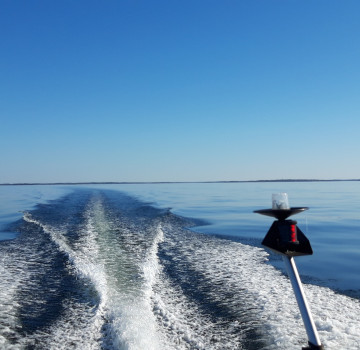Climate change alters marine environment and biota
Climate change is driving both ocean warming and acidification, which are already impacting many parts of our seas. In addition, other human-induced challenges—such as eutrophication—are locally disturbing marine ecosystems, particularly in coastal areas and in the Baltic Sea. Changing environmental conditions directly force organisms to either adapt to new conditions or shift their inhabiting area, altering the species composition of certain areas. Moreover, warming combined with acidification is more stressful for marine life than either stressor alone. Environmental changes can also have indirect effects, for example through impacts on food quality and quantity. Rising temperatures are known to reduce the nutritional quality of food for marine grazers and herbivores, by altering fatty acid profiles and decreasing the amount of important omega-3 fatty acids.

Why are we interested in zooplankton?
Zooplanktons can be used as bioindicators of well-being of marine biota, because of they, particularly copepods, are key grazers in the ocean and play a foundational role in the marine food web. They form the critical link between primary producers and higher trophic levels such as fish, birds, and marine mammals. One reason to copepods important role is their efficient capacity to store lipids, especially polyunsaturated fatty acids (PUFAs), for example omega-3 fatty acids. Omega-3 fatty acids are essential for zooplankton growth, survival, and reproduction—and they also have a major impact on higher trophic levels, including many marine food sources that humans rely on.


